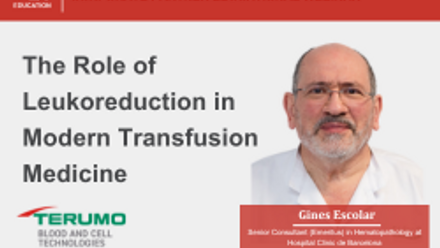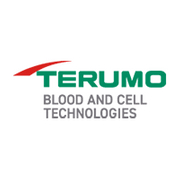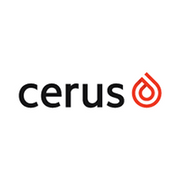The Platelets.... but not as we know them session included the following presentations:
1. Denese Marks: New Platelet Products (Cold stored, cryopreserved, thrombosomes)
2. Johanna Kirschall: Inhibition of cold-induced apoptosis of platelet concentrates better maintains platelet functionality and survival
3. Mohammad Reza Deyhim: The effect of N-acethyl cysteine (NAC) on expression of apoptotic and antiapoptotic microRNAs in platelet concentrates during storage
4. Lucia Merolle: Membrane Molecular Changes Associated with Platelet Cryopreservation
5. Kristina Ehn: Cryopreserved platelets in a novel non-toxic DMSO-free setting maintain hemostatic function in vitro
MODERATORS: Sandra Pettersson and Stephen Thomas
After the presentation, there was a questions and answers session, which is also included in the recording.
Abstract
Inhibition of cold-induced apoptosis of platelet concentrates better maintains platelet functionality and survival
I Marini1, J Kirschall1, L Pelzl1, K Althaus1,2, S Nowak-Harnau2, Y Tamamushi1, C Maettler1, T Bakchoul1,3
1Institute for Clinical and Experimental Transfusion Medicine, University Hospital of Tuebingen, 2Center for Clinical Transfusion Medicine GmbH, 3Center for Clinical Transfusion Medicine GmbH, Tuebingen, Germany
Background: Transfusion of platelet concentrates (PCs) is an essential medical approach to treat bleeding or to prevent it. Nevertheless, the standard storage at room temperature (RT) increases the risk of bacterial contamination. We reported that cold-stored PCs have better functionality but reduced survival due to cold-induced apoptosis.
Aims: In this study, we investigated the impact of apoptosis inhibition on platelet functions and half-life during cold storage.
Methods: PCs collected from healthy volunteers were stored for 1, 4, 7 and 10 days at 4°C with or without the apoptosis inhibitor G04 (RhoA GTPase inhibitor). The functionality was assessed: by flow cytometer, testing CD63 and CD62 upon TRAP; by aggregometry and performing an adhesion assay (on fibrinogen coated surfaces). The thrombus formation ability was analysed by thromboelastography and using an ex vivo system (Bioflux). Platelet survival was investigated using the NSG mouse model.
Results: We found that upon inhibition of RhoA GTPase the CD63 levels were significantly enhanced (CD63: day 7, p = 0.035; day 10, p = 0.049) and CD62 expression was comparable to cells stored in buffer. Similarly, a significantly higher aggregation ability in response to both TRAP (p = 0.038) and ristocetin (p = 0.042) was detected after incubation with G04 on day 10, compared to untreated cells. Moreover, we observed that the presence of G04 better maintained the adhesion ability of cold-stored platelets after 4 days, in comparison to buffer (p = 0.0493). Next, the in vitro thrombus formation capability was not affected by the apoptosis inhibitor. More importantly, a higher percentage of circulating human platelets, after 7 days of cold storage, was observed in the mouse circulation upon incubation with G04 compared to untreated cells (2 h post injection, p = 0.0387, 5 h post injection, p = 0.0355). We performed preliminary tests to verify the feasibility of using PCs for ex vivo thrombus formation assay. We first analysed thrombus formation from PCs after 24 h at RT under physiological shear stress. Increased thrombus formation upon TRAP stimulation compared to cells treated with buffer was observed suggesting that the ex vivo system is a suitable tool to test the contribution of PCs to thrombus formation ex vivo.
Summary/Conclusions: Our findings show that the inhibition of cold-induced apoptosis significantly reduces the clearance of cold-stored platelets without impairing the haemostatic functionality of the cells. Therefore, the use of apoptosis inhibitor/s may be a promising strategy to prolong the storage time, improve the platelet survival and reduce the risk of bacterial infection post transfusion.





















